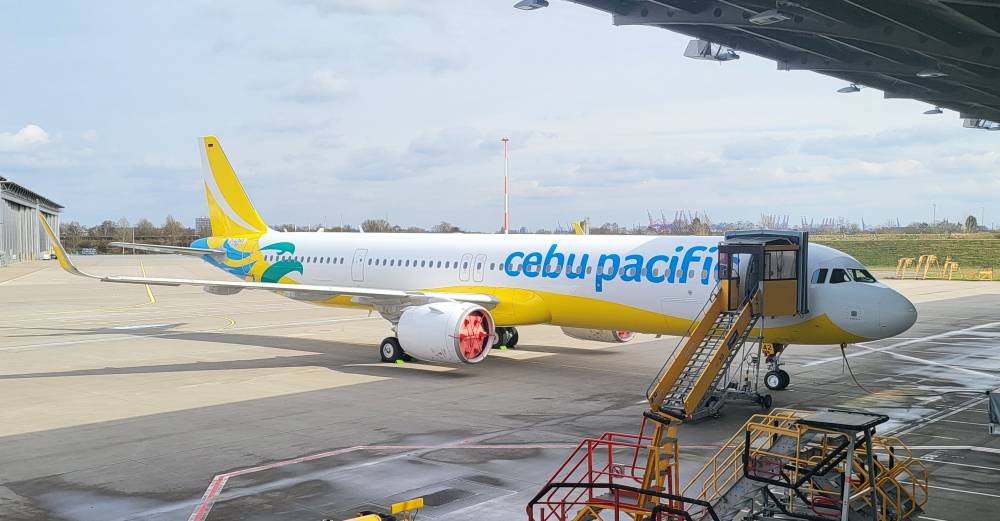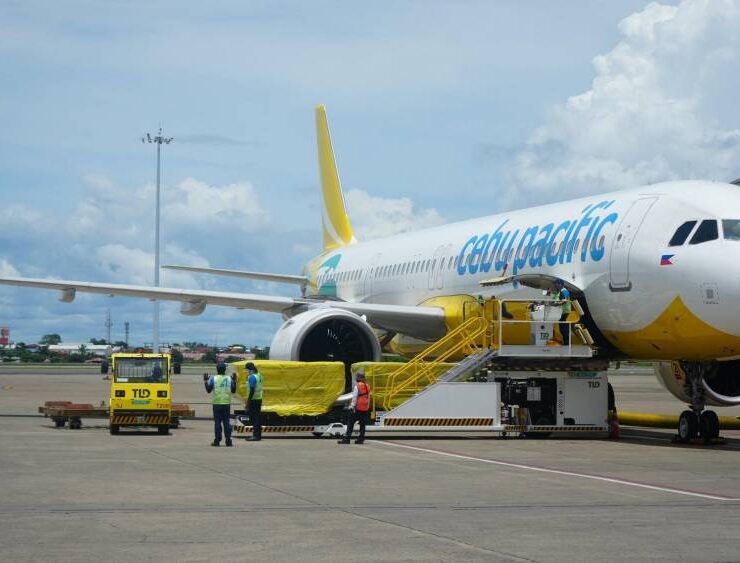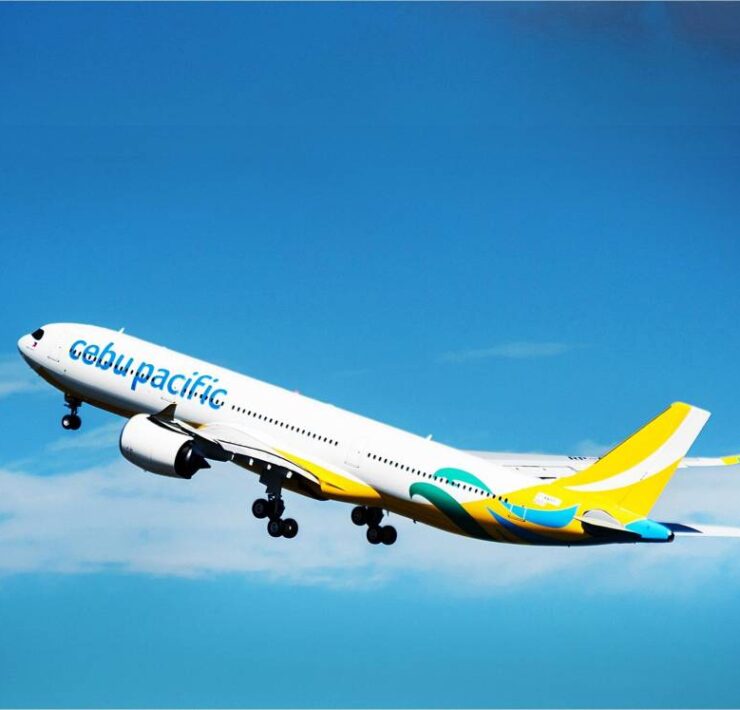Cebu Pacific leases jets to augment capacity

Cebu Pacific is augmenting its fleet through a deal allowing the budget carrier to lease aircraft from Bulgaria Air next year amid supply chain issue that grounded some of its jets.
In a statement on Tuesday, the Gokongwei-led airline said it inked a five-month damp lease agreement with Bulgaria Air. This will allow Cebu Pacific to lease two Bulgaria Air jets from January to May next year. The aircraft will service Cebu and Davao routes.
Apart from A320ceo (current engine option) jets with 180-seat capacity, the lessor will, under the “damp lease” scheme also provide pilots (but not flight attendants), maintenance and insurance to the lessee.
“We continue to explore various opportunities to supplement the fleet and ensure operational resilience,” Cebu Pacific president and chief commercial officer Xander Lao said.
Previously, Cebu Pacific CEO Michael Szucs said five of its aircraft were parked for maintenance.
Engine manufacturer Pratt & Whitney (P&W), to recall, is having a hard time servicing maintenance amid lack of spare parts. To add fuel to the fire, P&W is recalling some A320neo (new engine option) power plants for inspection due to “rare condition in powdered metal used to manufacture certain engine parts.”
Cebu Pacific currently operates a 70-unit fleet but it expects to grow this to 76 by the end of the year. In 2024, the low-cost airline is looking at increasing this to 92 aircraft.
Apart from the leasing deal, the budget carrier told the Inquirer in October its plan to acquire 100 to 150 aircraft from either Airbus or Boeing to beef up its fleet.
The airline is expecting to receive the proposals from the aircraft manufacturer before the year ends. These will then be subject to review where only one will be given the contract.
The first set of aircraft is expected to arrive as early as 2027 while the rest of the deliveries are slated to be completed by 2035. In January to September, Cebu Pacific booked a net income of P5.03 billion—a turnaround from net loss of P12.05 billion in the same period a year ago—amid the travel recovery. Its passenger revenues more than doubled to P46.13 billion during the first three quarters as passenger volume soared by 48.8 percent to 15.5 million. INQ



















